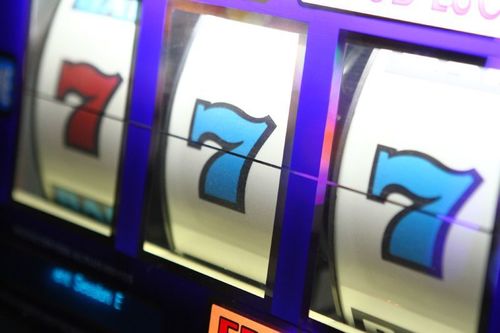Sevens Are Everywhere
 The number
appears everywhere. There are
days in a week,
wonders of the ancient world, and
continents on the planet earth.
The number
appears everywhere. There are
days in a week,
wonders of the ancient world, and
continents on the planet earth.
If a positive integer less than or equal to is chosen randomly, the probability that it contains a in it's decimal expansion is As grows large, what does approach?
The answer is 1.
This section requires Javascript.
You are seeing this because something didn't load right. We suggest you, (a) try
refreshing the page, (b) enabling javascript if it is disabled on your browser and,
finally, (c)
loading the
non-javascript version of this page
. We're sorry about the hassle.
It's easier to first look at the percentage of integers that do not contain any 7 's and then take the complement.
For n -digit positive integers, n ≥ 1 , without 7 's allowed we have 8 choices for the first digit and 9 choices for (any) subsequent digits. So for the 1 0 n − 1 positive integers with n or fewer digits,
8 + 8 ∗ 9 + 8 ∗ 9 ∗ 9 + . . . . . + 8 ∗ 9 n − 1 = 8 ∗ 9 − 1 9 n − 1 = 9 n − 1
of them contain no 7 's. Thus the desired percentage is
A = 1 − lim n → ∞ 1 0 n − 1 9 n − 1 .
But this last limit goes to ( 1 0 9 ) n and thus 0 as n → ∞ , so A goes to 1 in the limit.
What this means is that, from a probability standpoint, "almost all" positive integers contain at least one 7 , (the same of which can be said for any of the digits 1 through 9 .) Yet another weird result thanks to our friend ∞ . :)
Question: Can the same be said for any finite string of digits? What about any infinite string of digits?